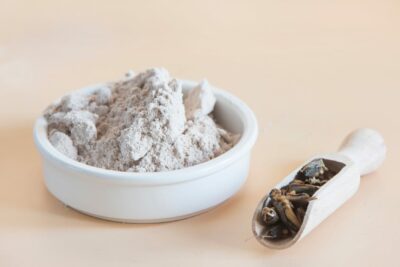Watership Down, Richard Adams
– Naomi Hallum, Generation Vegan, USA
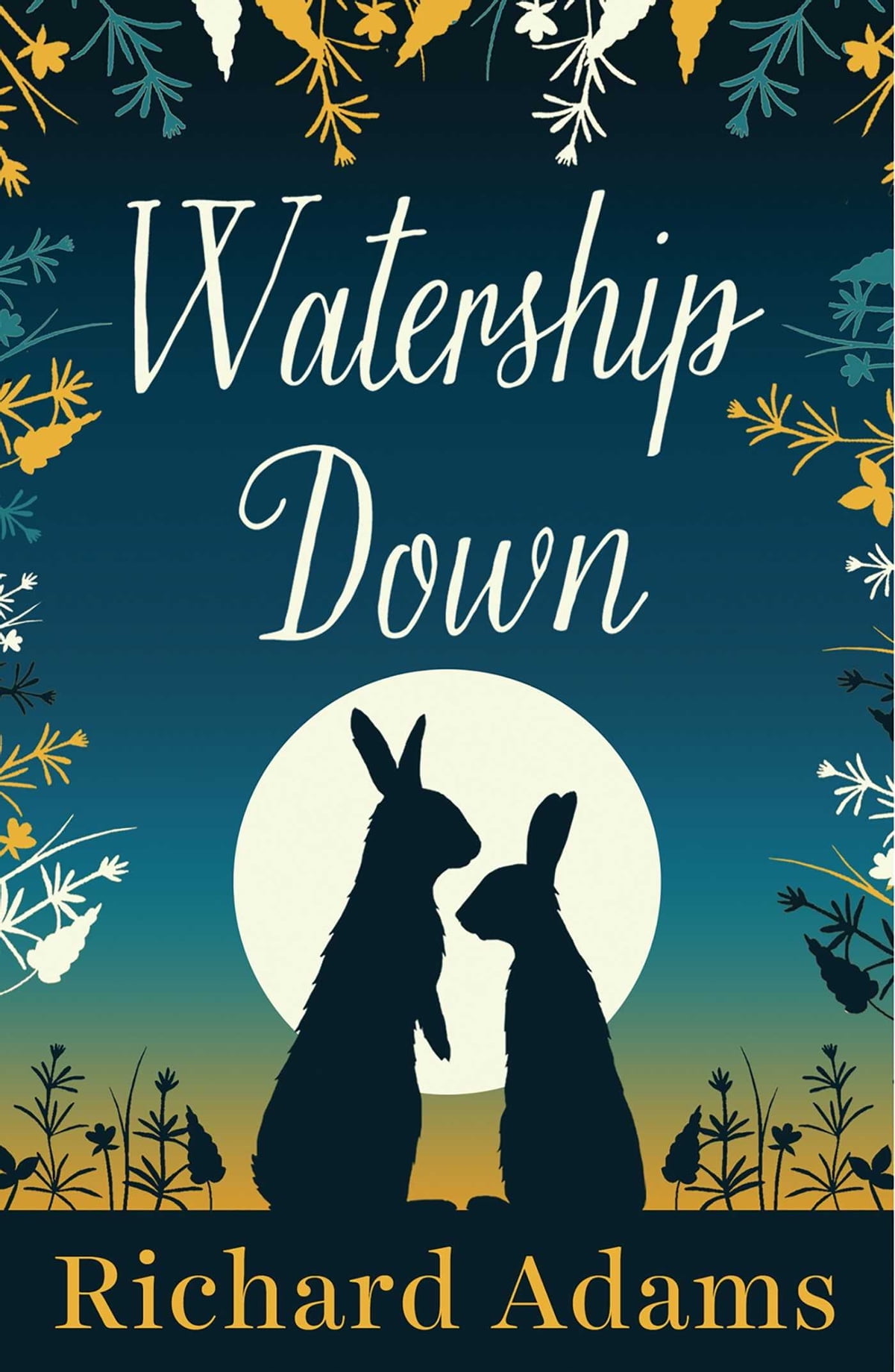
One of the first books to have a lasting impact on me was Watership Down – a story about a colony of wild rabbits and their perilous journey to a new home. The book taught me that human and non-human animals have much in common – such as family, friendships, fears, desires, and a natural determination to survive. But something that non-human animals, particularly in this story, seem to possess much more of is an ability to work with nature rather than against it; to nurture rather than domineer; to respect rather than overlook.
“Animals don’t behave like men,’ he said. “If they have to fight, they fight; and if they have to kill they kill. But they don’t sit down and set their wits to work to devise ways of spoiling other creatures’ lives and hurting them. They have dignity and animality.”
After reading this, I knew I was better off taking life lessons from rabbits than from humankind.
This Is Vegan Propaganda, Ed Winters
– Rithika Ramesh, Generation Vegan, India
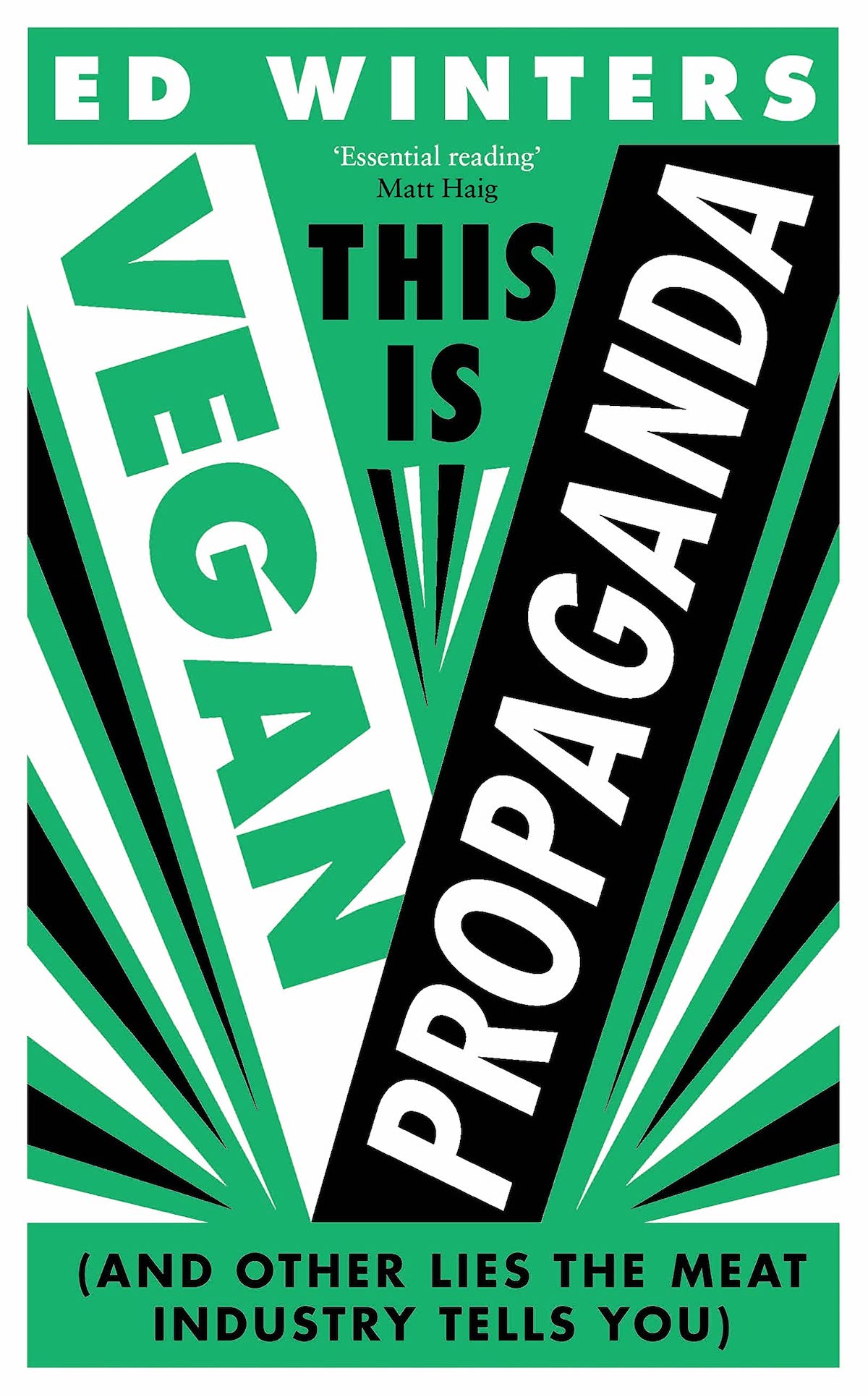
Last year in a bid to become a more effective advocate for animals, I started following the work of vegan activists who go out and debate with people in public. Ed Winters was one of them. When he released his book, This Is Vegan Propaganda, I had to get it. I learnt a lot from the way he speaks – he is always composed and concise. His book is written exactly like that. He states plain facts, not condescending anyone for their choices but using subtle persuasion to make people think – just the way I like to plant the seed of compassion.
Anticancer, David Servan-Schreiber
– Rita Parente, Generation Vegan, Portugal
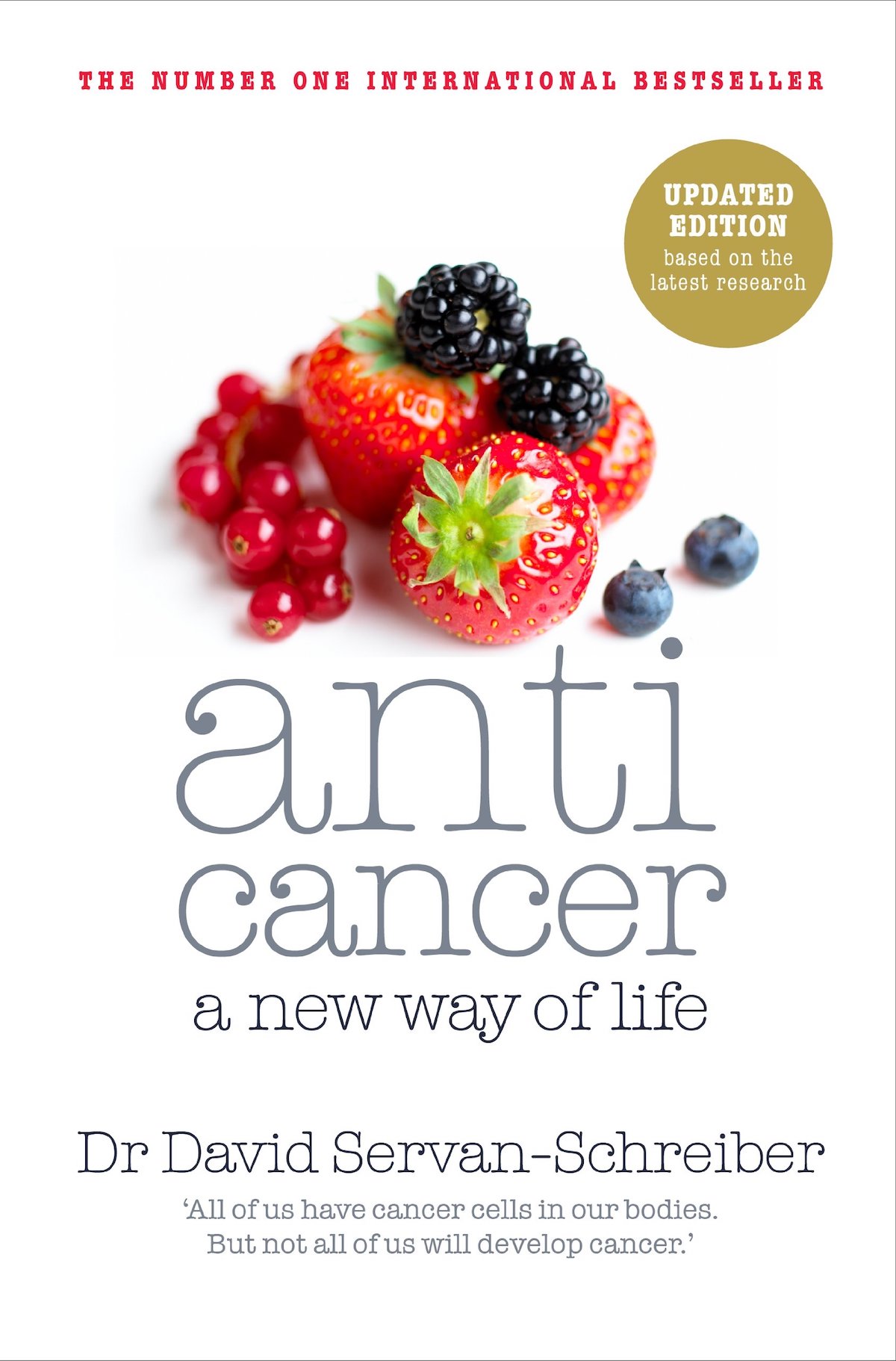
My dad died of cancer nearly nine years ago, I was 22 years old and I’d already lost my mom five years prior. I was very traumatized, not only by my dad’s personal battle with the disease, but by the reality lived by hundreds of people in cancer wards/hospitals/clinics (which I witnessed closely for 10 months).
I read the book Anticancer by David Servan-Schreiber shortly after my dad passed, and followed it with The China Study by T. Colin Campbell. I transitioned to veganism after reading both books, and this massive change in habits helped me reframe my traumatic experience. Of course, I wish my dad would never have had the disease in the first place, but because of what happened, I was drawn to make what I now recognize was the absolute best personal choice of my life.
Becoming vegan has given me peace of mind, it made me become healthier and more compassionate, and it has given me work opportunities I could never have dreamed of, like publishing my own vegan cookbooks and meeting Matthew Glover in a small animal sanctuary in the north of Portugal, which led me to where I am today: working for two awesome vegan organizations.
Today, I am vegan for the animals and the planet, as well as for my health.
The Opposite of Butterfly Hunting, Evanna Lynch
– Kate Fowler, Generation Vegan, UK
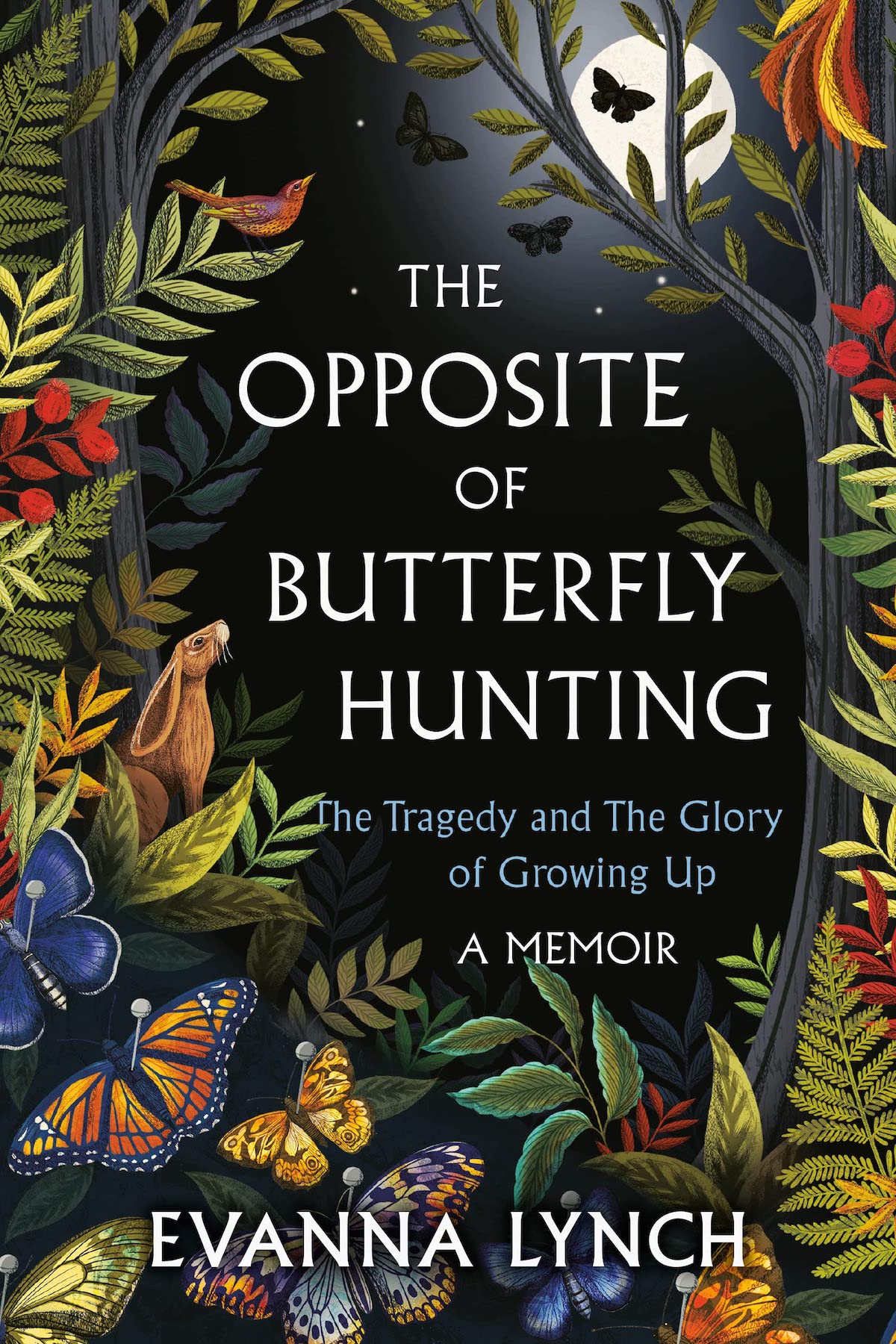
When Evanna Lynch wrote her memoir, I pre-ordered it to support this wonderful animal advocate and GenV supporter. Little did I know it was going to be such an important book for me to read. Evanna writes beautifully, but also very honestly about her life with anorexia. It’s clear she has gone into the darkest parts of herself to make some sense of her own story.
One passage towards the end of the book moved me to tears. She writes: “[S]uddenly I can’t bear how cruel I’ve been to my body. All these years, I’ve been treating her as my slave. She’s been asking for food, rest, love, pleasure, grace – or failing all that, plain, simple acceptance. I think of all the times I’ve denied her those things, and how she has carried on doing my bidding anyway. I think of how, instead of defending my brave and resilient body from the world’s hatred, misogyny and criticism, I’ve instead turned away from her and joined in the chorus of slurs and taunts, easily taking my place as her loudest aggressor.”
Anyone who has punished their body – through eating, not eating, drinking, drugging, or any other means – may feel these words at a visceral level. This book certainly touched me deeply, and I was left feeling gratitude, perhaps for the first time, for the body I live in.
Wintering: The Power of Rest and Retreat in Difficult Times, Katherine May
– Paula González Carracedo, Generation Vegan, Spain
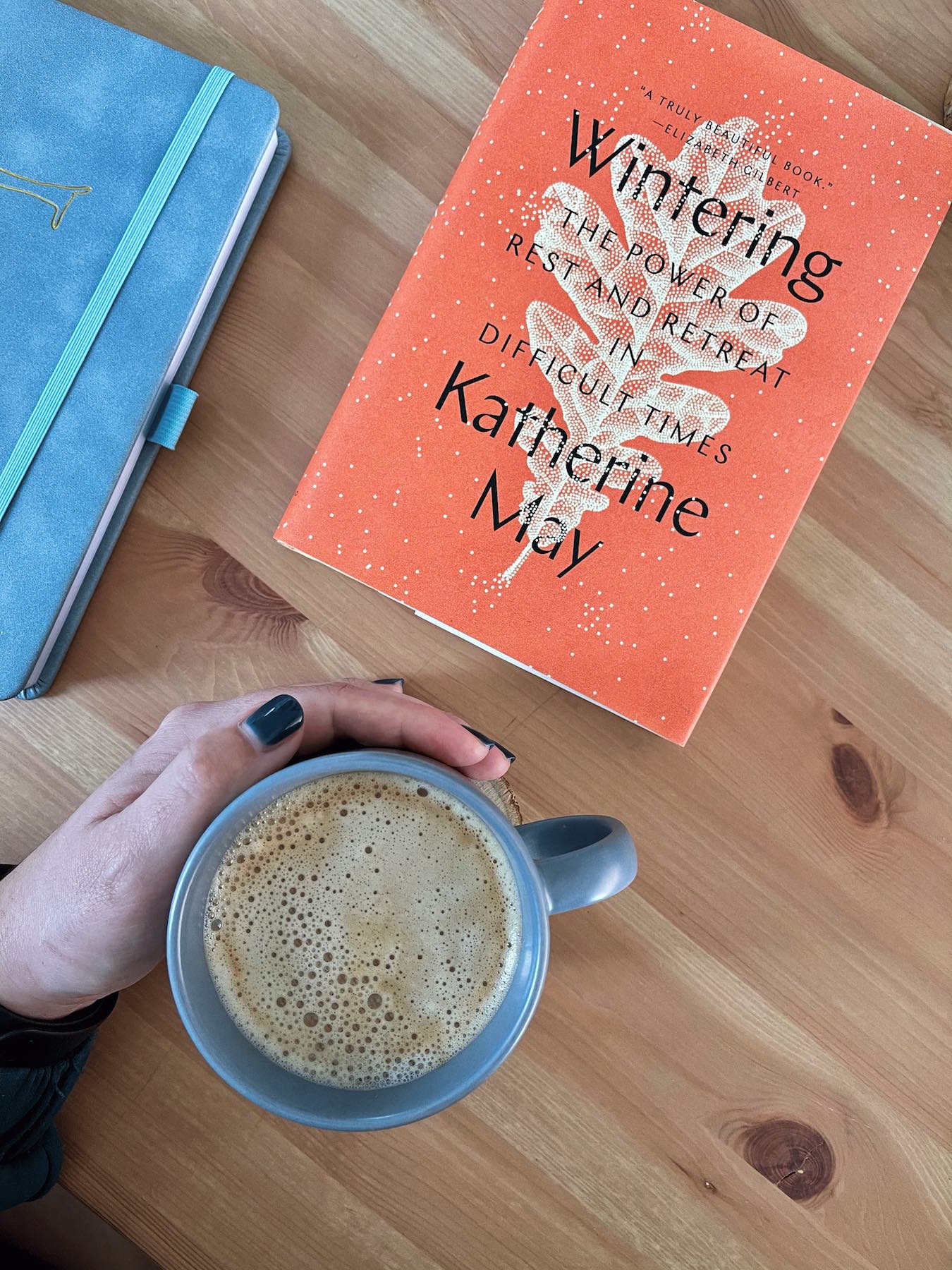
There’s nothing I can say about this book that tops what Katherine herself expresses:
“Nobody had ever said to me before, ‘You need to live a life that you can cope with, not the one that other people want. Start saying no. Just do one thing a day. No more than two social events in a week.’ I owe my life to him.”
“Plants and animals don’t fight the winter; they don’t pretend it’s not happening and attempt to carry on living the same lives that they lived in the summer. They prepare. They adapt. They perform extraordinary acts of metamorphosis to get them through. Winter is a time of withdrawing from the world, maximising scant resources, carrying out acts of brutal efficiency and vanishing from sight; but that’s where the transformation occurs. Winter is not the death of the life cycle, but it’s crucible.”
How Not To Die, Michael Greger & Gene Stone
– Jeremy Kocian, Generation Vegan, USA
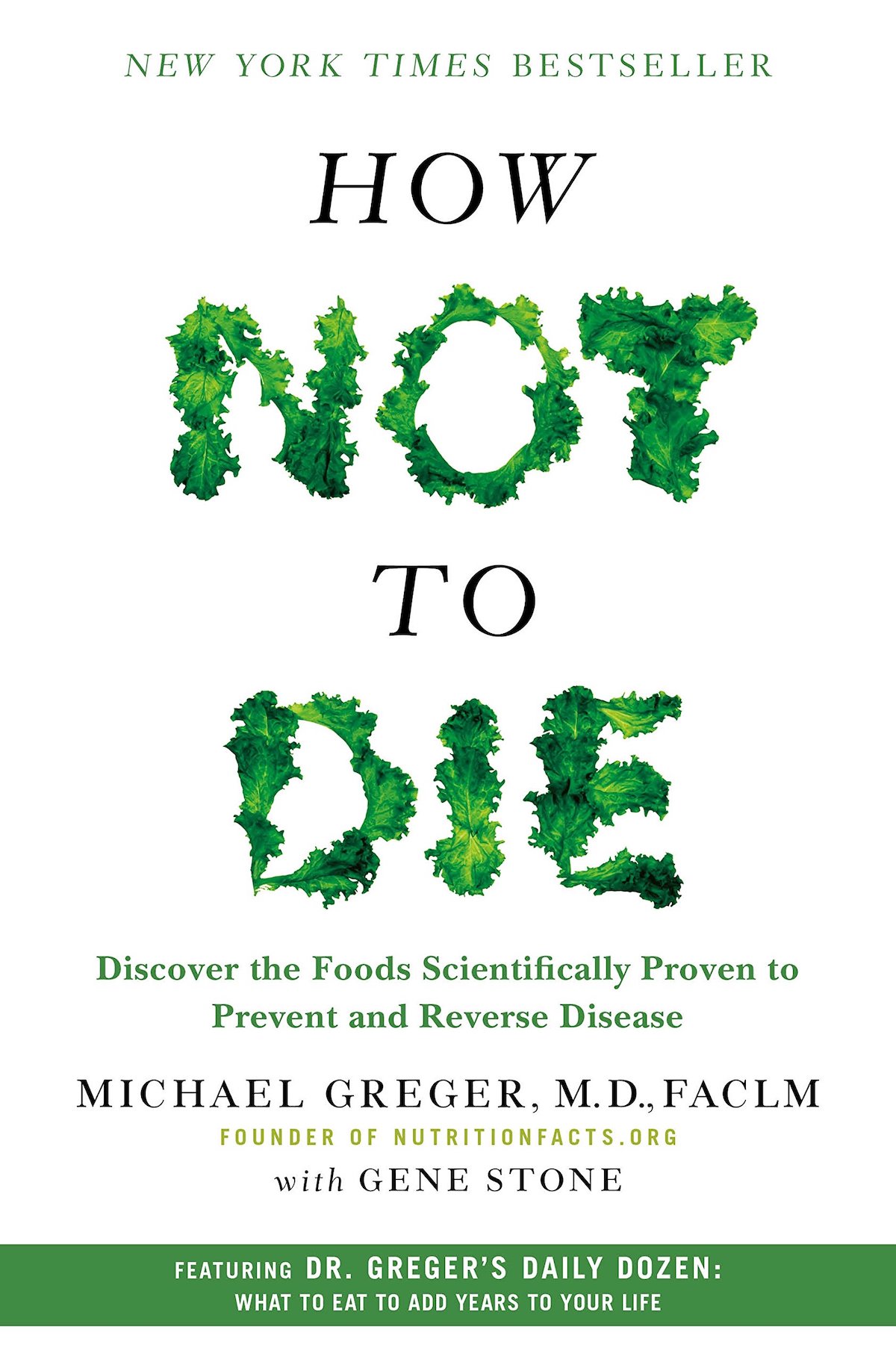
I had already transitioned into a vegan lifestyle before reading this book, but I was a huge nutrition nerd and a bit Type A, so it was the book I needed to feel confident in setting up a balanced diet. It’s written in a way that makes it much easier to understand quite complex topics. My brain exploded when they discussed antioxidants and the healing power of plants. It completely changed how I looked at food – going forward, I saw healing vs hurting foods rather than just carbs, fat, or protein. My circle of friends mainly asked questions about macronutrients and the book gave me the confidence I needed to talk with them about it in much more detail.



